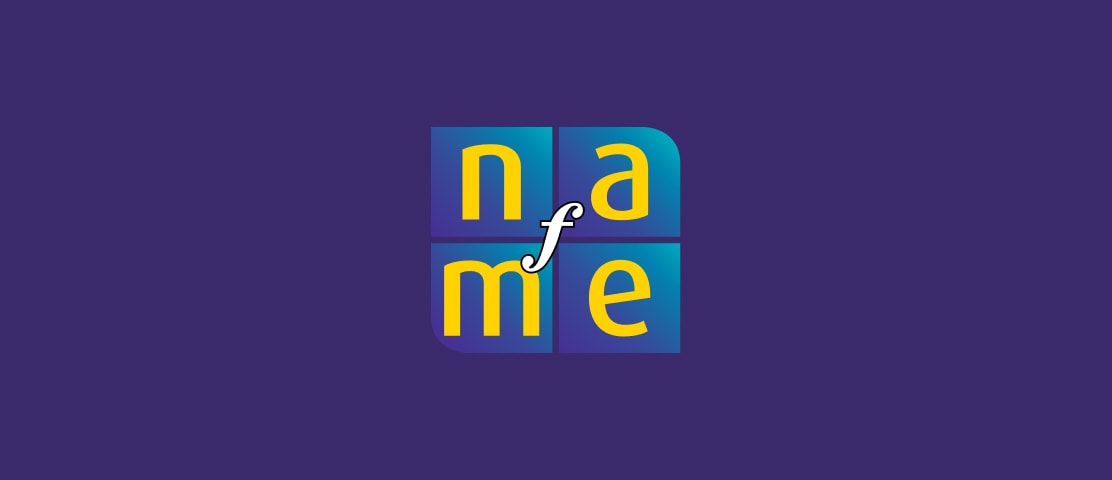/ Publications & Resources / Resource Library / Health in Music Education
The National Association for Music Education
Like other focused educational activities or pastimes, learning, performing and listening to music can produce possible negative health consequences when undertaken incorrectly or excessively. Music teachers need to be health conscious and to engage in prevention education with the students in their charge. Health promotion, as defined at the 1986 World Health Organization Conference and in the Ottawa Charter for Heath Promotion, must go beyond simply “delivering” instruction or “disseminating” information and must address issues that affect music students’ values, beliefs, and motivations. Working in collaboration with individuals and groups outside of music education, music teachers can contribute to the development of injury-free musicians by informing and teaching health-conscious habits to music students.
Concerns
Music educators provide students with classroom experiences, rehearsals, lessons, and performance opportunities designed to develop a wide range of knowledge and skill. Like teachers of any other subject, music educators focus on the educational outcomes of their program. More than many other teachers, however, music educators guide students through educational interactions that involve and influence the well-being of students in three specific areas:
- Hearing health. Exposure to loud music for long durations can lead to noise-induced hearing loss, a problem that is increasingly prevalent among children due, in part, to changing listening habits associated with personal listening devices.
- Physical health. Overuse or misuse of the body when playing a musical instrument or singing can lead to health problems. Musculoskeletal and vocal performance injuries are preventable. Healthy playing and singing involves the correct physical manipulation of the voice and of instruments.
- Psychological health. The performance of music, especially the public performance of music, involves a host of social and emotional factors that are key to the importance we place on music and a potential source of stress in the student.
The Music Educator’s Role
Music educators are the primary channels for changing how music is taught and played. In the effort to reduce performance injuries and encourage good auditory, physical and emotional health in their students, music educators need to become substantially involved in injury prevention by teaching health-conscious music-related practices to students.
Guidelines for Music Teachers
As part of helping students develop knowledge and skills in music, music educators should adopt the following practices:
- Recognize that noise-induced hearing loss is a widespread and serious public health issue and that music is implicated as a causal factor. Music educators can contribute significantly to resolving this growing problem by addressing it in lesson plans and rehearsals and by controlling school-based lessons and rehearsals to reduce high volume levels for long durations.
- Arrange rehearsals and teach children how to practice in ways that avoid injuries. These strategies can include using appropriate warm-ups; breaking up intensive, repetitive practice sessions with short rest periods; and insisting on proper posture while playing or singing.
- Provide good musical preparation for students and encourage appropriate attitudes toward music so that students’ stress is kept to manageable levels.
- Actively monitor their students for incipient physical problems and insist that students adopt good practices to stop the development of severe problems.
- Seek more pre-service and in-service education in the health aspects of music, which is consistent with the Health Promotion in Schools of Music (HPSM) project and the National Association of Schools of Music.
- Be a source of information to colleagues in other fields. Music students need to know when and where to go for help. While the music teacher will likely be the first go-to person for problems, other professionals should be aware of performance injuries and available to assist students in dealing with them. Directors of student health resources including student health centers, speech and hearing centers, mental health counseling centers, school nurses, and others need to know that music students may have unique and challenging health situations and that there are resources and performing arts medicine experts willing to help if needed.
- Demand high quality teaching materials. As practices designed to address health issues among music students are developed and refined (recognizing that each music education scenario is unique), high quality teaching materials will need to be designed and developed.
Note: NAfME thanks Dr. Kris Chesky, Director of Research and Education, Texas Center for Music and Medicine, University of N. Texas, for his contribution to this Paper.
Resource Type
- Position Statement
Year Added
2007




